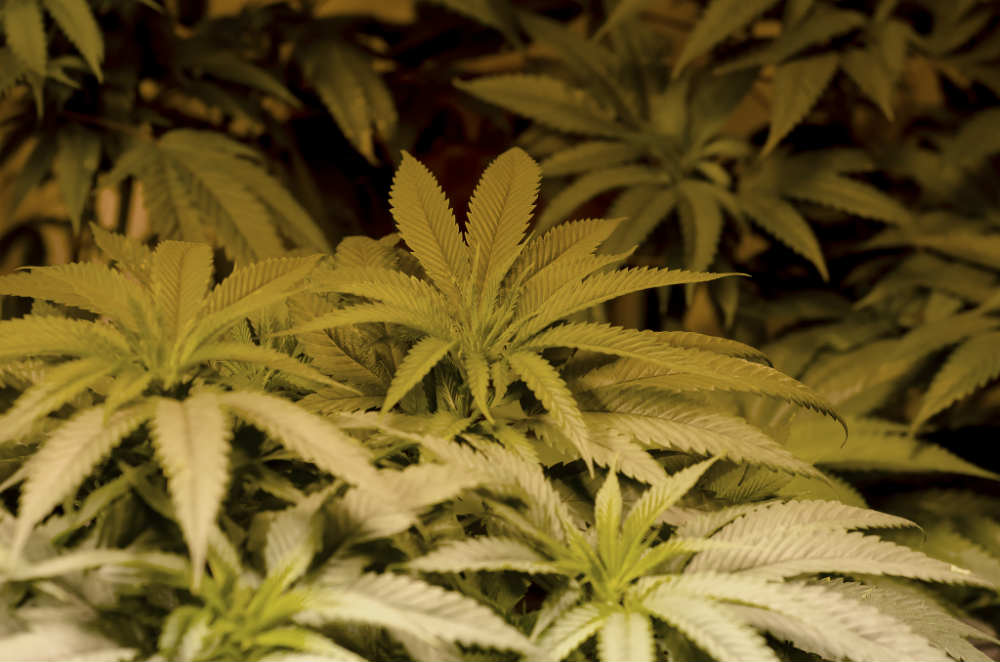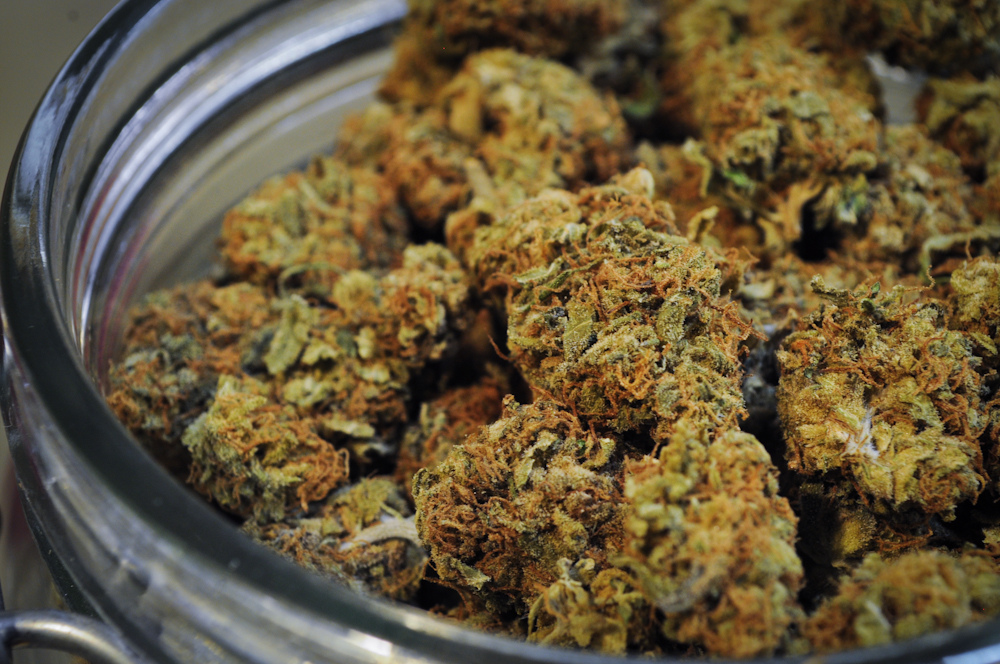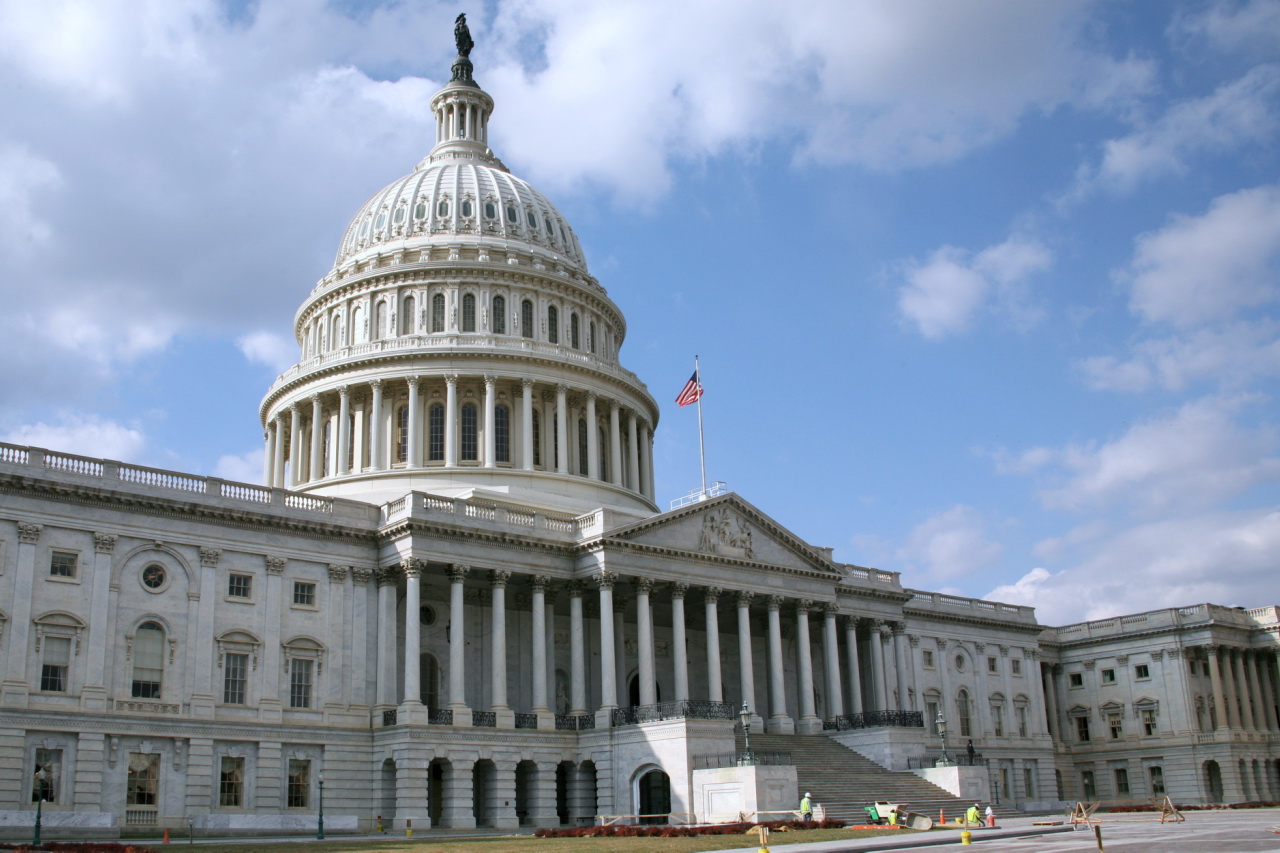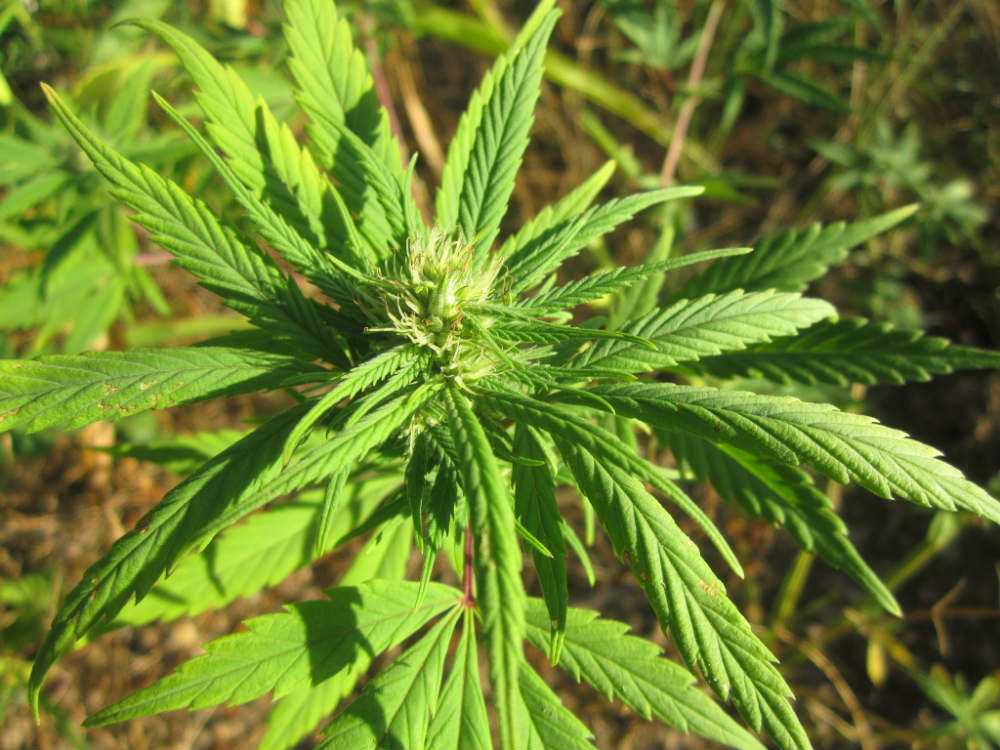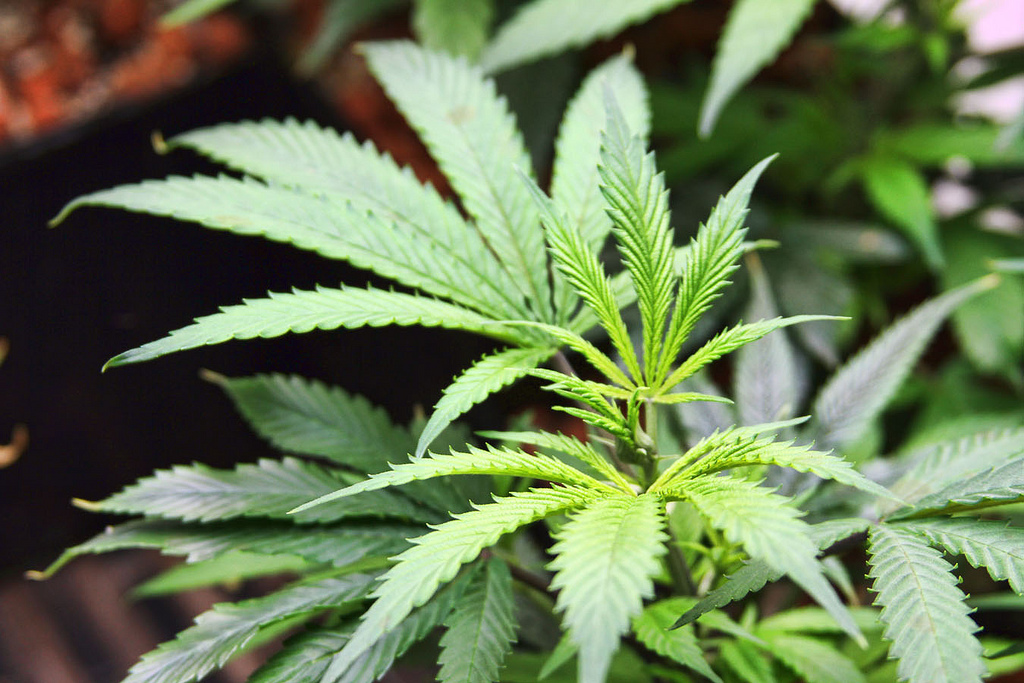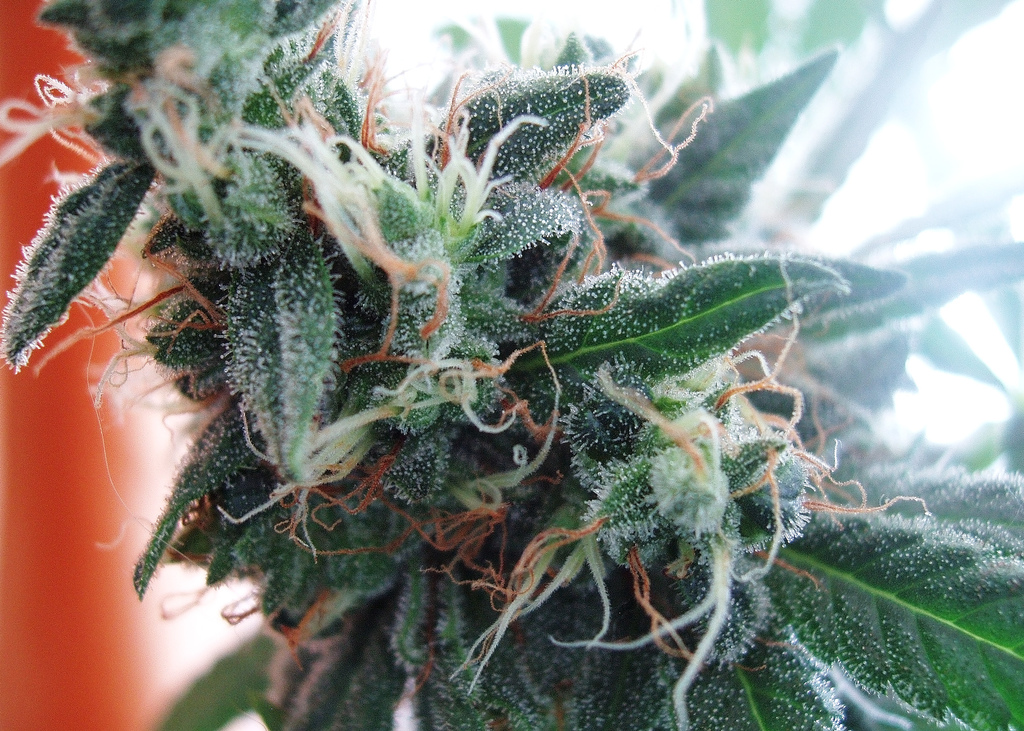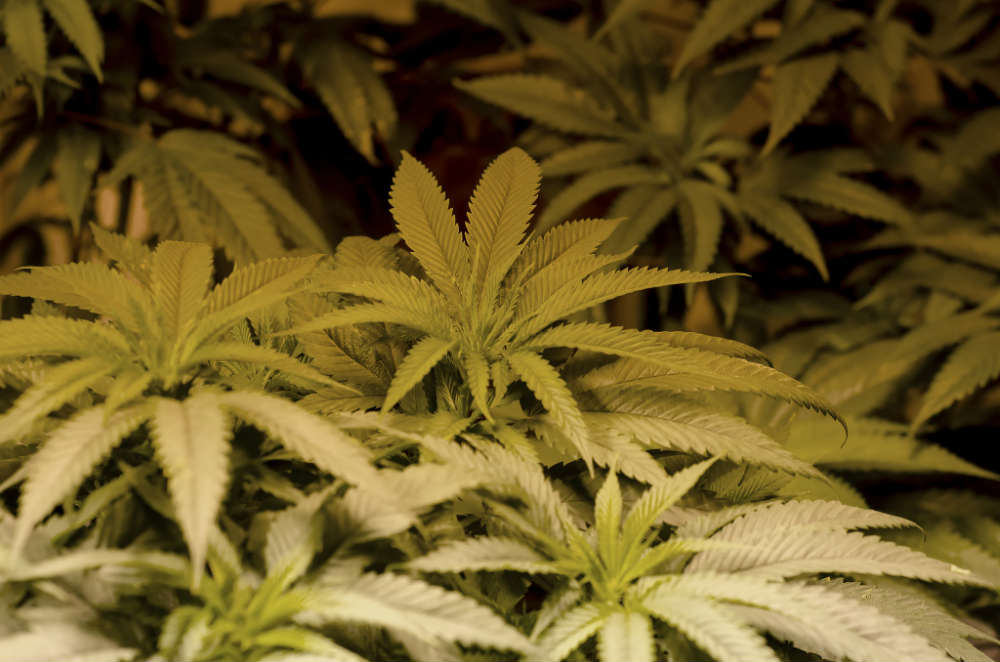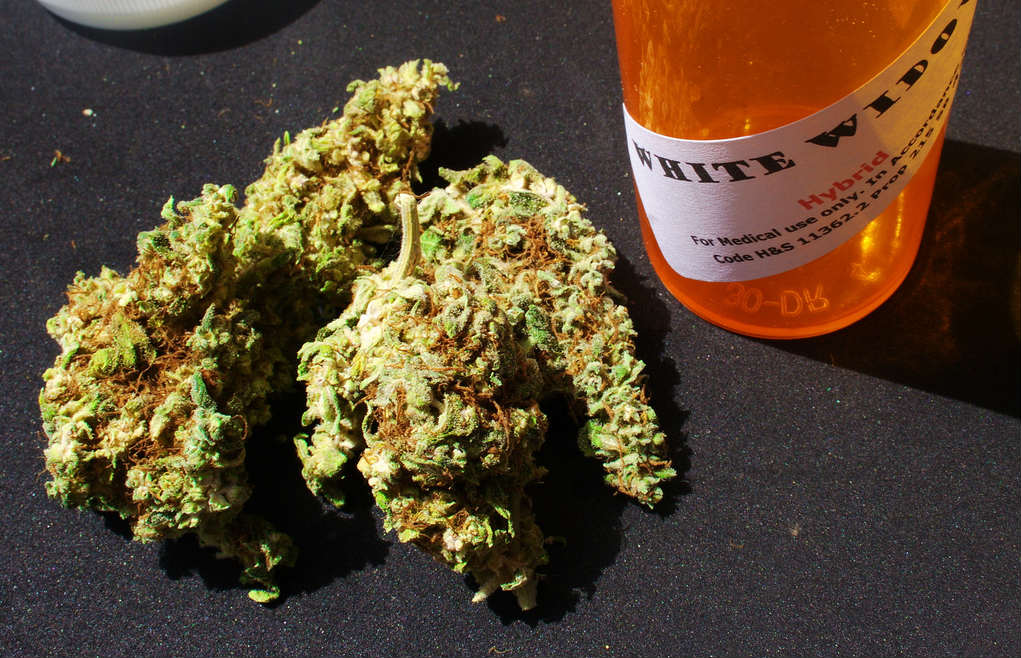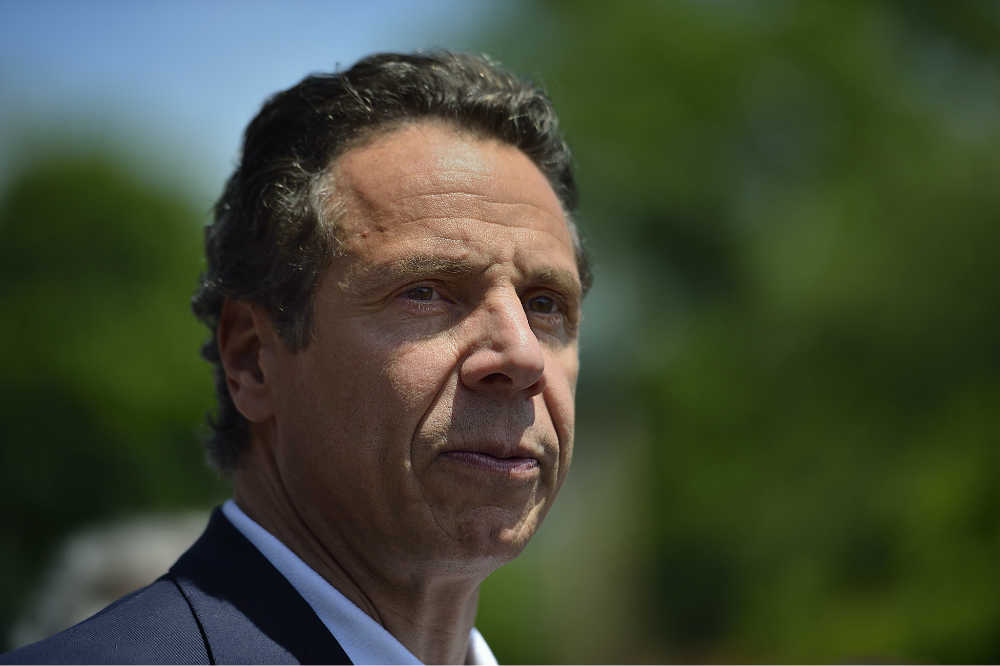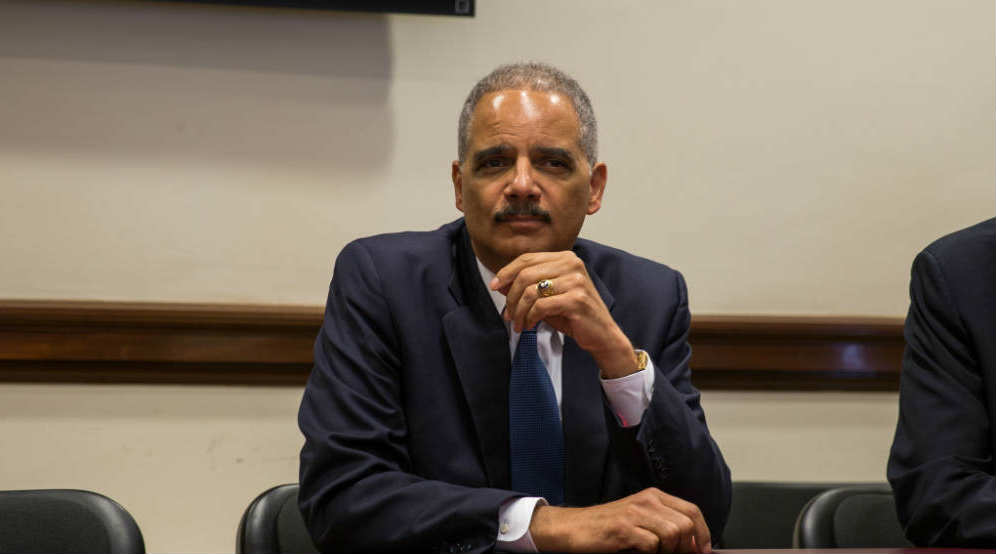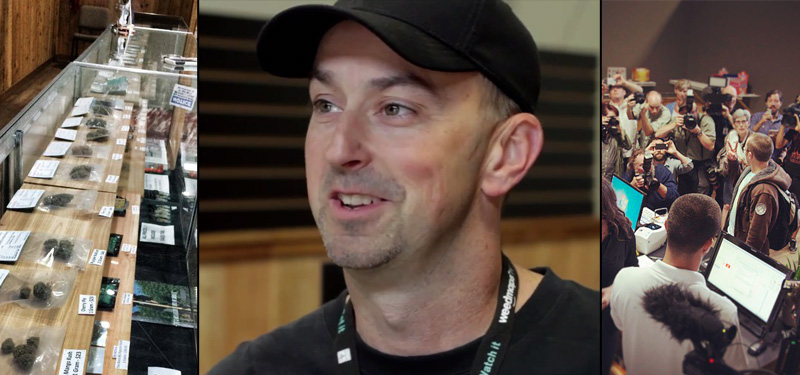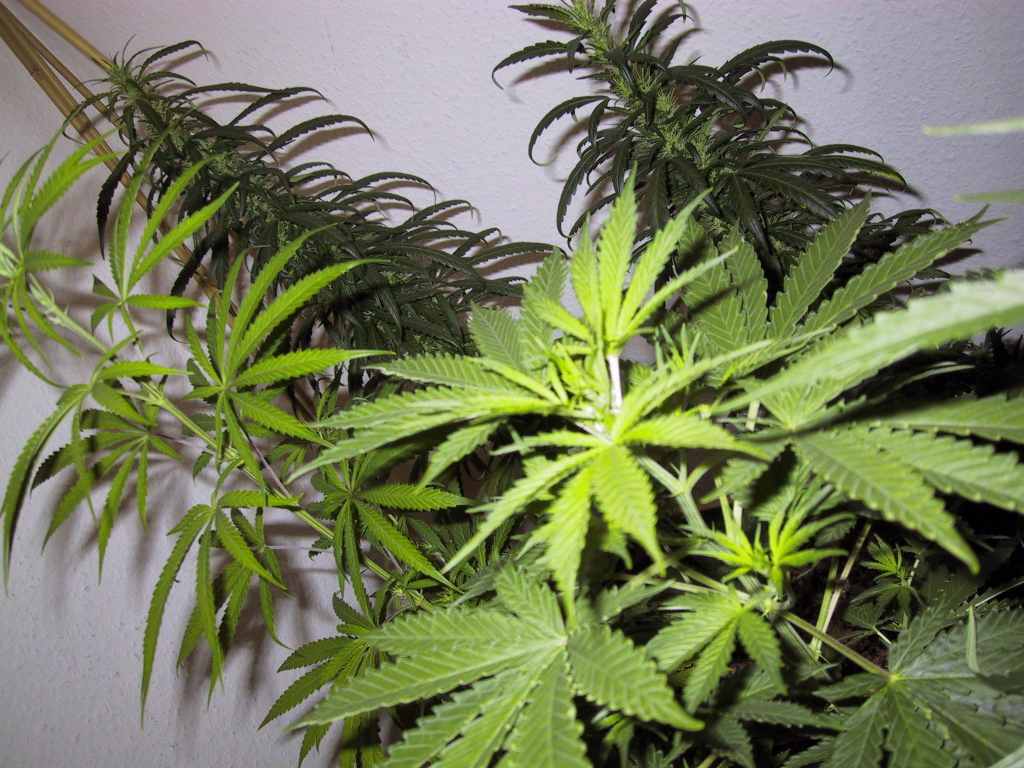Recently we had the pleasure of interviewing David Murét of Viridian, a staffing agency for the cannabis industry based out of Seattle, WA. Viridian was founded in 2013 by David and his business partner Kara Bradford to offer staffing, recruiting, HR consulting, and outsourcing services to companies within the medical and recreational cannabis industries, as well as industrial hemp.
Up until recently, cannabis business practices have been largely secretive and kept private due to legal ambiguity, and employers have often hired from within their own social circles and families. However, with the rapid growth of the industry, many businesses are turning to professional recruiters and staffing agencies like Viridian.
Read the Q&A below!
Ganjapreneur: What does Viridian Staffing do for cannabis industry employers and job-seekers, in a nutshell?
David Murét: Viridian helps connect employers with the talent they need to succeed, and in doing so, also connects individuals with exciting opportunities. We are also a full-service HR consulting practice and are here to provide resources, answer questions and solve problems.
When did Viridian Staffing get started, and what were you doing before you decided to start a company in the cannabis industry?
We founded Viridian back in 2013. Prior to that, our co-founder and head recruiter, Kara, who has an MBA in Human Resources and Organizational Development spent over 14 years as both an agency and in-house recruiter for some of the top companies in the Pacific Northwest and beyond. Our head HR Consultant, Carole, has a Masters in Human Resources Management with an emphasis on Organizational Leadership as well as over 20 years of experience assisting start-ups and organizations undergoing explosive growth. My experience, as Chief Operations Officer, consists of a combination of Law, I.T., Finance and business development.
What are some of the obstacles Viridian has faced?
The main obstacles have been:
Being headquartered here in Washington State, just how long it has taken Washingon’s industry to come on line and all the turmoil many of our potential clients have and continue to face as a result of that messy process; the moratoriums, bans and draconian zoning requirements in particular. It has taken a lot more time and resources than any of them anticipated.
This industry has also been relatively slow to warm up to recruiting and human resources. While there are certainly some notable exceptions, those who have been at this for a while, pre-“legalization,” got so used to doing their own hiring and not really concerning themselves with employment best practices that they’re now having a hard time wrapping their minds around the benefits of leveraging the knowledge and skills of external professionals.
What are some of the risks that cannabis industry companies face if they hire based on word-of-mouth as opposed to professional recruiting?
It would really depend what sources this “word-of-mouth” was coming from, but in our experience that’s not how most companies in this industry have been staffing their operations. In most cases they are either hiring people they know, or friends and family of people they know, or trying their luck with the job boards. And while this may work for some positions, problems abound and many of our clients end up coming to us after these methods have failed. In the case of hiring friends and family, many have found that it unnecessarily complicates the employer-employee relationship as friends and family have a tendency to take their positions for granted in ways that other professional employees aren’t as prone to. And in cases where things aren’t working out, it can be especially difficult to let people go. Job boards present a different set of challenges. First, between the chronic underemployment inherent in the post-recession “new normal” and the intense media focus on our industry, most businesses that post positions end up getting inundated with more low-quality applicants than they have the time to sort through, much less vet, reference/background check, etc. And unless they happen to have considerable experience hiring people, they’ll be unlikely to discern the tell-tale signs of a successful candidate verses an undesirable one, or could easily end up running afoul of employment law in the application and interview process, which could come back to bite them if the individual doesn’t work out. Plus all the time they spent finding and vetting that individual would have gone to waste. In our case, we don’t get paid unless our candidates stick.
Have you seen much interest from people living in states where cannabis is still illegal, who are looking to relocate?
Absolutely! While we always prefer to source talent locally, when possible, sometimes the need is so specific that we need to cast a wider net. As a result we have already placed several candidates from out of state.
As an ancillary business who serves both the medical and recreational marijuana industries, which industry would you say is growing faster?
It’s hard to say. Here in WA I think it’s fair to assume that i502 businesses are increasing at a faster rate than MMJs, but we also hear of plenty of would-be i502 operations that are starting up in the MMJ market with the intention of pivoting to their i502 operations, when fully licensed. Beyond Washington State there is obviously greater growth within both MMJ states and all the new states who are in the process of coming on-line.
Have you worked with any businesses who have transitioned from MMJ into recreational retail / production?
Yes. Many of our clients began in the MMJ market, some still are, and a significant percentage are working on their pivot to i502 (“recreational”) as we speak. It is our hope that Washington State will incorporate MMJ into i502, so we’ll have one unified, regulated system that serves both sides of the market, like we see in Colorado.
What do you think the future of legalized cannabis in Washington looks like?
Not sure at this point, but we hope that WA takes some lessons from Colorado and finds a way to incorporate MMJ in such a way that preserves safe access for legit patients who need it, most notably children.
What is your favorite thing about working in the cannabis industry?
We would have to say the people. The industry has been such a magnet for dynamic free-thinking innovators who aren’t nearly as stiff and creatively stifled as you find in so many other, more established industries. We also love working in an industry which, on the whole, places such a high value on triple bottom line business practices, which are both socially responsible and environmentally sustainable, particularly here in the Pacific Northwest.
Least favorite?
The downside to working in a new industry like this is just how busy if not overwhelmed people are, which leads to a lot of hurry up and wait, flakiness, stop and go and last-minute requests. It has certainly been the most challenging business environment we have experienced to date and is certainly not for everyone. Especially anyone who expects it to be easy.
Do you think there is any risk of a crackdown on legalized cannabis from the federal government in the foreseeable future?
I’m going to have to answer this like a typical attorney and say, “It depends.” While we agree with the majority of our colleagues that we are currently at the tipping point of the end of prohibition and that there is little that is likely to put the toothpaste back in the tube; We also have to appreciate just how much of this hinges on having a cooperative administration in the White House. We have yet to learn who the major party candidates are going to be in 2016, but it certainly wouldn’t be surprising to see the Republican’s nominate a socially conservative candidate who is openly hostile to the legalization movement and could turn every branch of the Federal government against us, including the IRS. And seeing as the President’s current stance towards Washington, Colorado and the various MMJ states is based on little more than a policy of tolerance, there is little to keep a future Executive from interpreting the supremacy clause strictly and claiming that Washington and Colorado’s current experiment is unconstitutional. On the other hand, Wall Street has gotten pretty excited about Cannabis in the last year or so, and seeing as those interests more or less own and control both political parties, it may be less likely they’d allow their minions to kill the goose that’s laying the golden egg.
Cannabis legalization has frequently been referred to as a “gold rush” due to the industry’s rapid growth over the past few years. With such fierce competition, what do you think the biggest factors will be in determining who succeeds?
The experience and dedication of the team. You not only need to understand your niche better than the competition, but you’ve got to have the drive and tenacity to overcome obstacles without becoming discouraged and that only comes from genuinely loving what you do and why you’re doing it. Those who are only entering this market in the hopes of making a quick, easy buck are in for a rude awakening. We’ve seen plenty of these come and go already.
What advice can you offer to aspiring ganjapreneurs?
If you’re thinking of getting into this industry, make sure you’re the kind of person who thrives on change, is comfortable working with a great deal of unknowns and has a passion for what you’re doing. If you’re looking to make a quick buck on a sure thing, this probably isn’t the industry for you.
Thank you for taking the time to answer our questions and provide such valuable insights about Viridian and the industry as a whole, David!
To learn more about Viridian Staffing, visit their website and follow them on Facebook. Questions? Post them in the comments area below:
